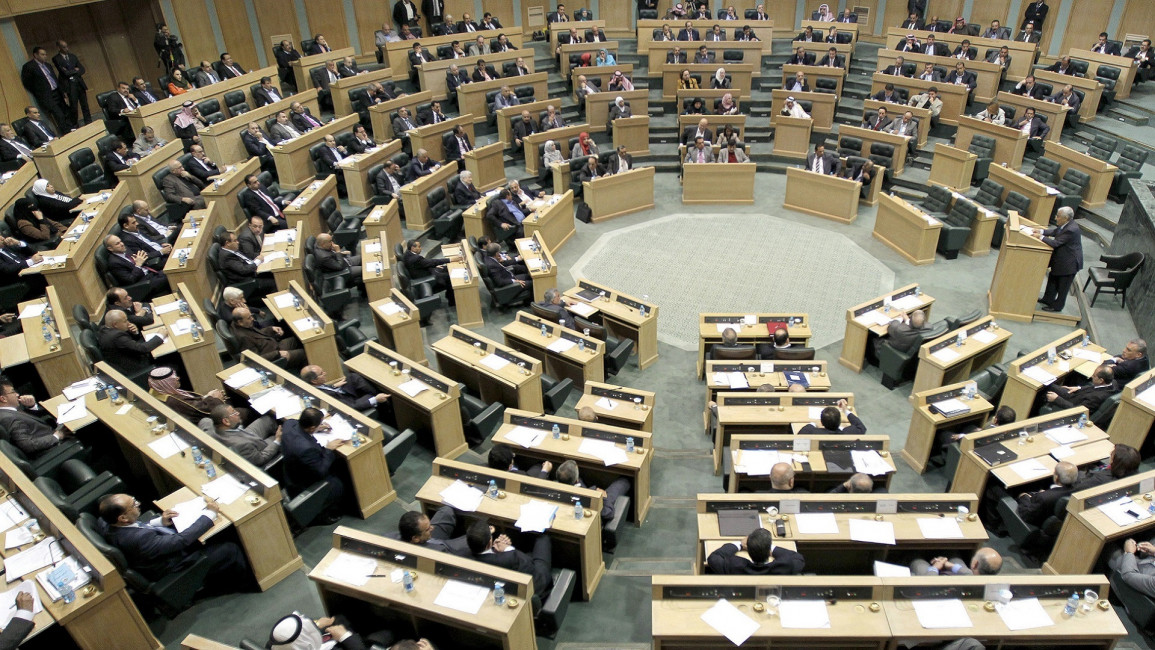Jordan unveils democratic reforms
On Monday, the Jordanian government unveiled a draft electoral law concerning elections of the members of the Jordanian House of Representatives, ahead of submitting it to the proper channels for approval by the legislature.
Prime Minister Abdullah Ensour said the "historic law" ends the one-person one-vote system in force since 1993.
The draft law grants voters a number of votes equal to the number of seats in the electoral districts, which have been expanded on a governorate level, putting an end to small local districts.
The draft law also uses proportional electoral list-based representation for the House of Representatives. It requires that the number of candidates on each list does not exceed the number of seats assigned to a given district.
Voters will be required to cast their vote for the lists they choose first, before voting for individual candidates on the list second. When sorting votes, lists that obtain the most votes are deemed the winners, followed by candidates in each list according to the number of votes they receive.
Independent candidates will be treated as one-member electoral lists.
| There is no place in the world for undemocratic nations - Prime Minister Abdullah Ensour |
The number of seats in the House of Representatives is to be lowered from 150 to 130, while keeping quotas for women, Christians and ethnic Circassians and Chechens unchanged.
Prime Minister Ensour hoped the law would be received well by the Jordanian people, stressing the "democratic orientation" of the draft law was no longer an option but a necessity in today's world.
"Thirty years ago, this law's provisions were not necessary, but today they are," he said. "There is no place in the world for undemocratic nations."
The draft follows a commitment by the Royal Court and the government to reform the electoral law, after laws on political parties, municipalities and decentralisation were approved by parliament.
The king and the House of Senate still have to approve these laws, however, before they come into effect.
Prime Minister Ensour hoped parliament would examine the new electoral law in its current extraordinary session, to allow representatives adequate time to hold deliberations.



